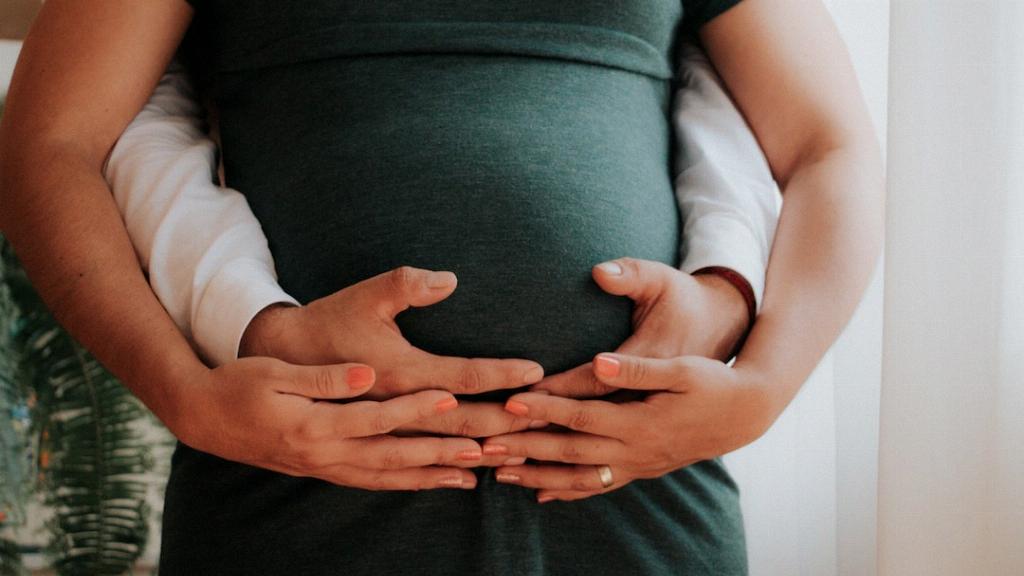For many expecting mothers, the process of pregnancy can bring about a variety of physical changes, some of which are more expected than others. One such change that may arise is the occurrence of leaking milk from the breasts. This phenomenon, typically associated with the production of colostrum – the initial form of breast milk, plays a crucial role in preparing for the arrival of your little one.
The Formation of Milk Glands and Ducts
During the early stages of pregnancy, the body begins its preparation for breastfeeding. Milk glands and ducts start to form and multiply, setting the stage for the production and transportation of breast milk. This process is a natural part of the body’s response to the impending arrival of a newborn.
Production of Colostrum
Between the 12th and 16th week of pregnancy, a pivotal shift occurs within the breasts. The alveolar cells, responsible for milk production, begin to synthesize colostrum. This nutrient-rich substance serves as the first food for your baby and is packed with essential nutrients and antibodies crucial for their early development.
Timing of Milk Leakage
While the production of colostrum commences in the second trimester, it is not uncommon for milk leakage to occur later in the pregnancy. Research from 2021 suggests that the leakage of colostrum typically begins sometime in the third trimester of pregnancy. This variation in timing underscores the uniqueness of each pregnancy journey.
Factors Influencing Milk Leakage
Several factors can contribute to the variance in when milk leakage starts during pregnancy. Hormonal changes, the sensitivity of breast tissue, and individual differences in the rate of breast development can all influence the onset of colostrum leakage. Each woman’s body responds uniquely to the process of pregnancy.
Significance of Colostrum Leakage
While the occurrence of milk leakage may come as a surprise to some expectant mothers, it serves as a reassuring sign of the body’s readiness to nourish the newborn. Colostrum leakage indicates the preparation of the breasts to fulfill their essential role in providing sustenance and protection to the infant.
Emotional Response to Milk Leakage
Experiencing milk leakage during pregnancy can evoke a range of emotions in expectant mothers. Some may feel a sense of anticipation and excitement, while others might be surprised or even slightly anxious. These emotional responses are entirely normal and vary from person to person.
Support and Understanding
It is crucial for expectant mothers to receive adequate support and understanding as they navigate the changes that pregnancy brings, including milk leakage. Seeking guidance from healthcare providers, connecting with other mothers, and engaging in open conversations can help alleviate any concerns and enhance the overall pregnancy experience.
Preparation for Breastfeeding
The occurrence of milk leakage serves as a gentle reminder for expectant mothers to start preparing for breastfeeding. Educating oneself about breastfeeding techniques, investing in comfortable nursing bras, and creating a supportive environment for nursing can all contribute to a smooth transition into the postpartum period.
Empowerment Through Knowledge
Understanding the timing and significance of milk leakage during pregnancy empowers women to embrace this natural process with confidence and positivity. By staying informed and attentive to the signals of their bodies, expectant mothers can embark on their breastfeeding journey feeling empowered and prepared.
Celebrating the Journey
Each milestone in pregnancy, including the onset of milk leakage, is a testament to the remarkable journey of motherhood. Embracing the changes, uncertainties, and joys that come with carrying a child is an opportunity to celebrate the beauty and resilience of the female body in nourishing and nurturing new life.
Conclusion
As an expectant mother, the experience of milk leakage during pregnancy is a natural and promising indication of the body’s readiness to care for the newborn. Embracing this phase with curiosity, support, and self-compassion can pave the way for a fulfilling and empowered transition into motherhood. Trust in the body’s wisdom and revel in the marvel of creating life.

